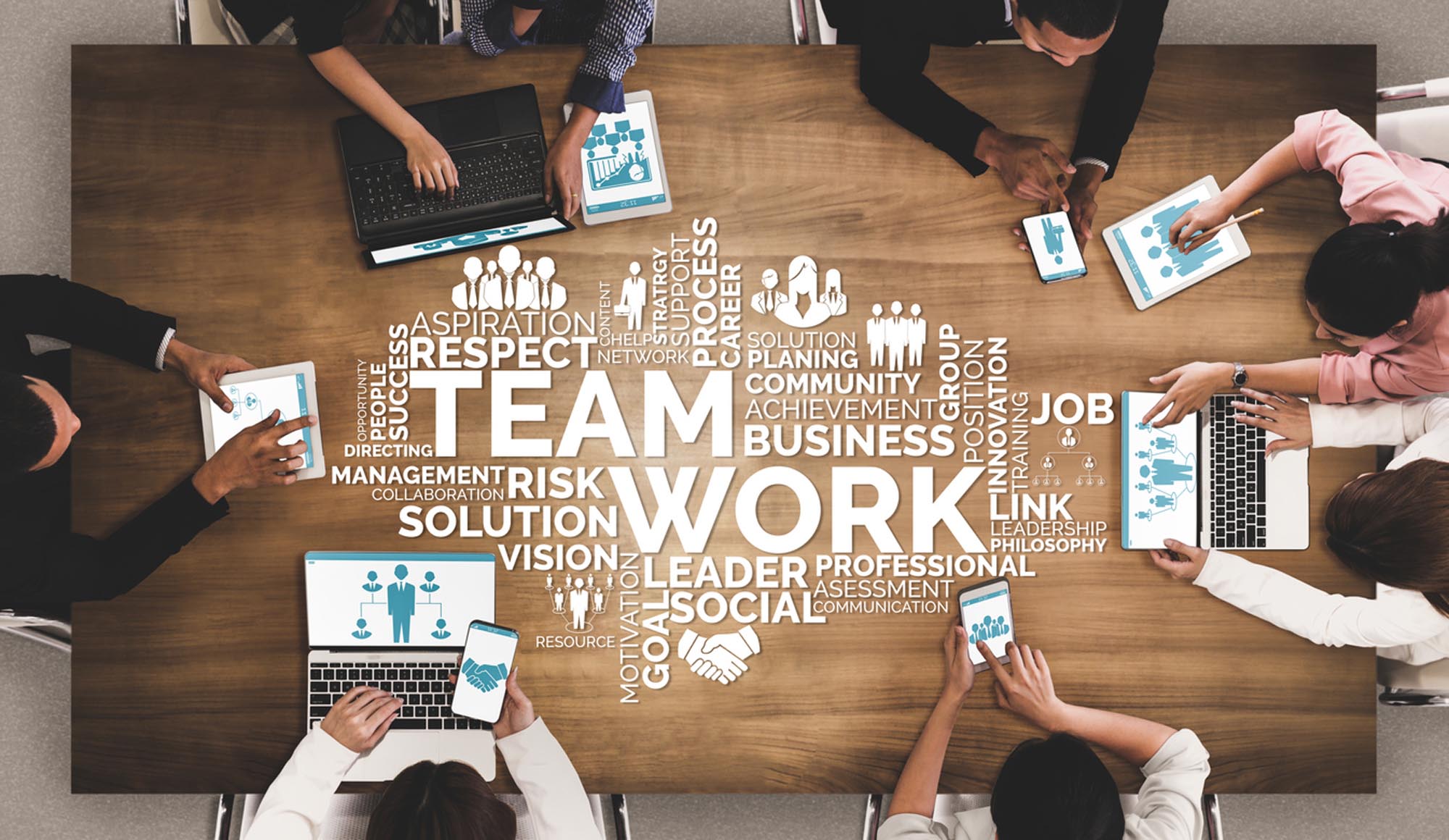Managing Employee Relations
Employee relations includes the relationships and communication among employees, managers and the employer. These relationships are governed by policies and procedures of the organization as well as federal, state, and local laws. Employee relations encompasses the
contractual, practical, physical, and emotional aspects of these relationships.
In order to foster a positive workplace environment where employees are happy and productive, it’s important for the organization to create and communicate guidelines regarding how employees work with peers, subordinates, managers, and others outside of their group.
A well-executed employee relationship management program increases employee well-being, and as a result, organizational effectiveness. Therefore, maintaining a positive employer-employee relationship, as well as healthy relationships among employees is crucial to the success of the organization.
The employee to employer relationship is based on a social and psychological contract with reciprocal obligations between them. When employees perceive that the organization is not fulfilling that contract, trust and job satisfaction deteriorate. They may even start thinking about
leaving the company. Therefore, it is important that employers keep their promises and maintain clarity and honesty in their communications.
Employee relations issues can range anywhere from minor arguments between employees to full fledged harassment. It is important for management to not ignore issues, regardless of how small they are, as they may manifest into more serious problems.
Employee relations management refers to the efforts by the company, more specifically HR, to manage those relationships. Proactively the organization should have an employee relations program. An effective program includes training employees on the organization’s culture, core
values, and employee relations policies. These policies help to mitigate disputes and arguments while at the same time let the employee know they can reach out to HR if they need help.
HR plays an important, proactive role by facilitating activities that encourage employees to communicate with each other and their managers as well as administering the necessary employee relations training. Some of these activities include cross functional team building
activities, group lunches and outings. These events also allow employees to network and form friendships with others that they might otherwise not meet. Team-building activities also encourage trust and the exchange of ideas and opinions.
HR also has an equally important role in managing disputes between employees. This involves answering questions and helping employees resolve issues between other employees.
Let us assist you in managing employee relations for your organization. Contact us to learn more about how we can help.
